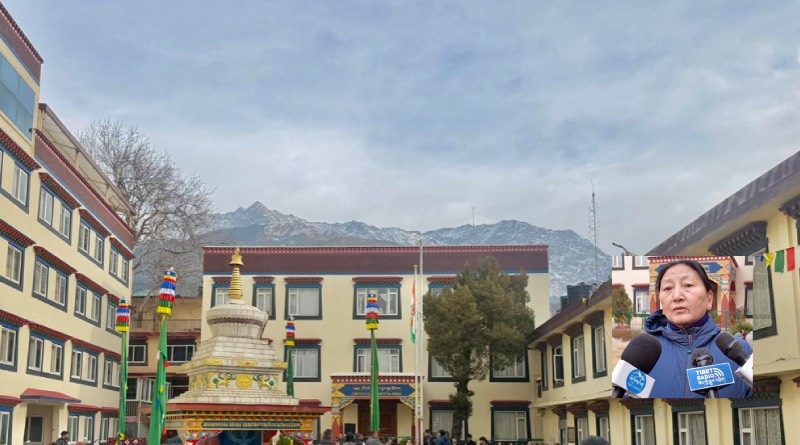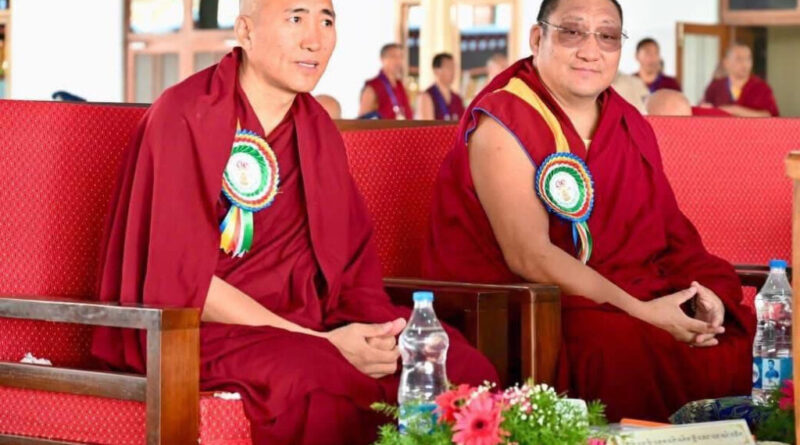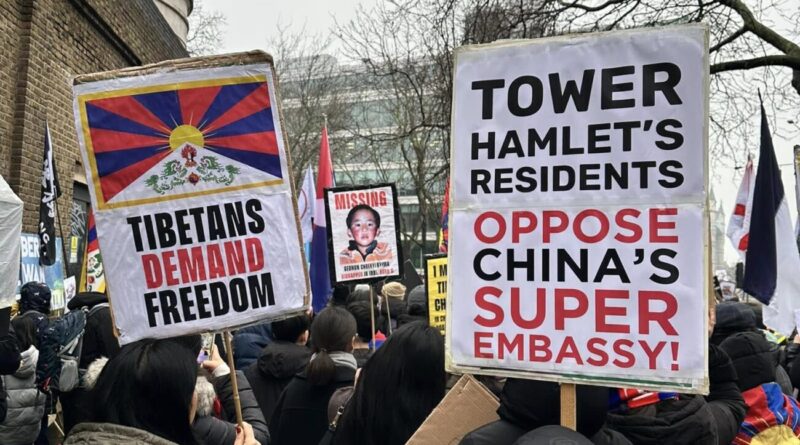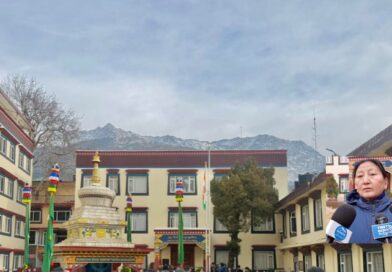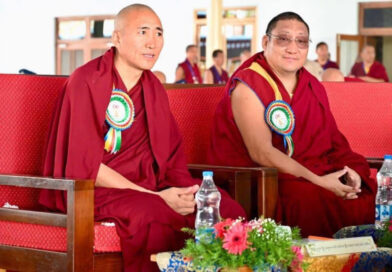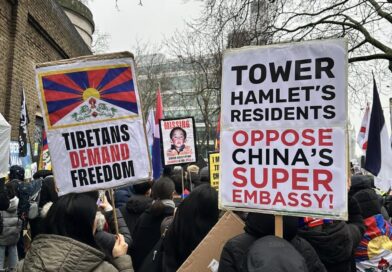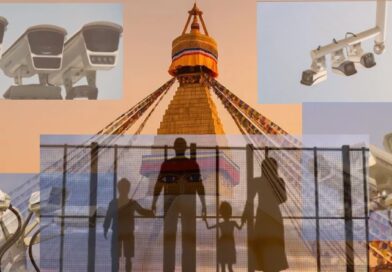ExileView All
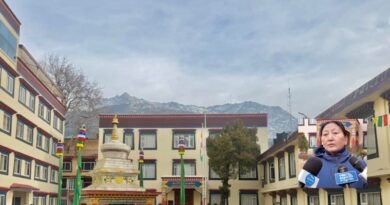
CTA Marks India’s 77th Republic Day, Expresses Gratitude for Continued Support
By Tenzin Chokyi
DHARAMSALA, 26 Jan: The Central Tibetan Administration (CTA), commonly referred to as the Tibetan Government-in-Exile, today marked India’s 77th Republic Day by congratulating the nation on its remarkable journey from independence in 1947 to its emergence as a rising global power, while also acknowledging India’s support in hosting Tibetan refugees in 1959, even as the country itself was navigating the immense challenges of nation-building.
TibetView All
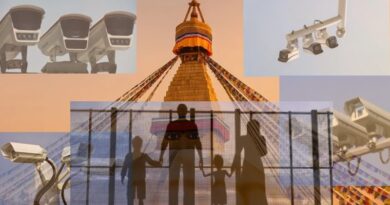
Family Reunion Reveals Intensified Surveillance and Penalties in Occupied Tibet’s Capital
DHARAMSALA, 14 Jan: A Tibetan exile who recently reunited with family members from Lhasa in Nepal has learned of increasingly “harsh restrictions and surveillance measures” imposed in Tibet’s capital, Lhasa and the so-called Tibet Autonomous Region (TAR). Ironically, the reunion itself carried significant risk as Kathmandu recently made it to the headlines with thousands of Chinese-supplied CCTV cameras monitoring streets and public spaces throughout the capital.
WorldView All
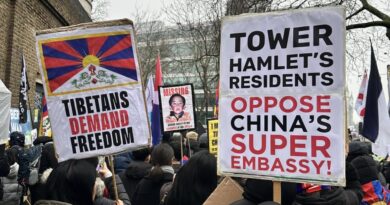
50th Protest Planned Against Controversial Mega Chinese Embassy in London
By Tenzin Chokyi
DHARAMSALA 16 January: UK-based Tibetan organisations are set to participate in what may be the most significant—and potentially final—protest against the proposed Chinese embassy at Royal Mint Court in London. The protest will take place at the site on 17 January, ahead of the UK government’s expected approval of the controversial development on 20 January.
Other NewsView All

SUFFOCATE
Universities bordering Tibet, set up to train new gen cadres to run Tibet for China, now ordered to escalate assimilation, promote Han Chinese racist chauvinism, cancel Tibetan identity, says Gabriel Lafitte, Gabriel Lafitte who is an environmental researcher, writer, and activist who has specialised in Tibet and China-Tibet relations
Videos
TPI Holds 7th Young Indian Scholars Conference on Tibetan Studies
DHARAMSALA, 9 Oct: The Tibet Policy Institute (TPI) of the Tibetan Government-in-Exile inaugurated the 7th Young Indian Scholars Conference on Tibetan Studies today at the Administrative and Welfare Society in Dharamshala. The conference brings together 30 participants, including four experts in Tibetan studies, 23 young Indian scholars, and three co-authors.
Interviews
Through Her Mother’s Ears: Tsering Wangmo Dhompa on Exile, Memory and Tibetan Stories
A trailblazer whose writing spans fluidly between poetry and prose, nonfiction and memoir, Tsering Wangmo Dhompa needs no introduction.

